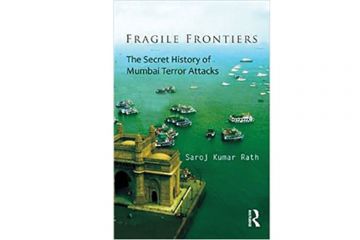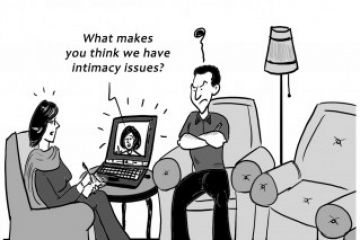
It’s a bit
like the question Hamlet faced, “to be not to be”, the bearer of apology,
explanation, or faintly-heard voice of the community that confronts the Urdu
media. This fundamental uncertainty about its identity has long dogged the
industry. Normally, such questions should not be an issue at all, as its defined
job is to report the news, but circumstances have led it to behave like a coy
bride reluctant to remove her veil and show her real face.
The
unspoken compulsions that





